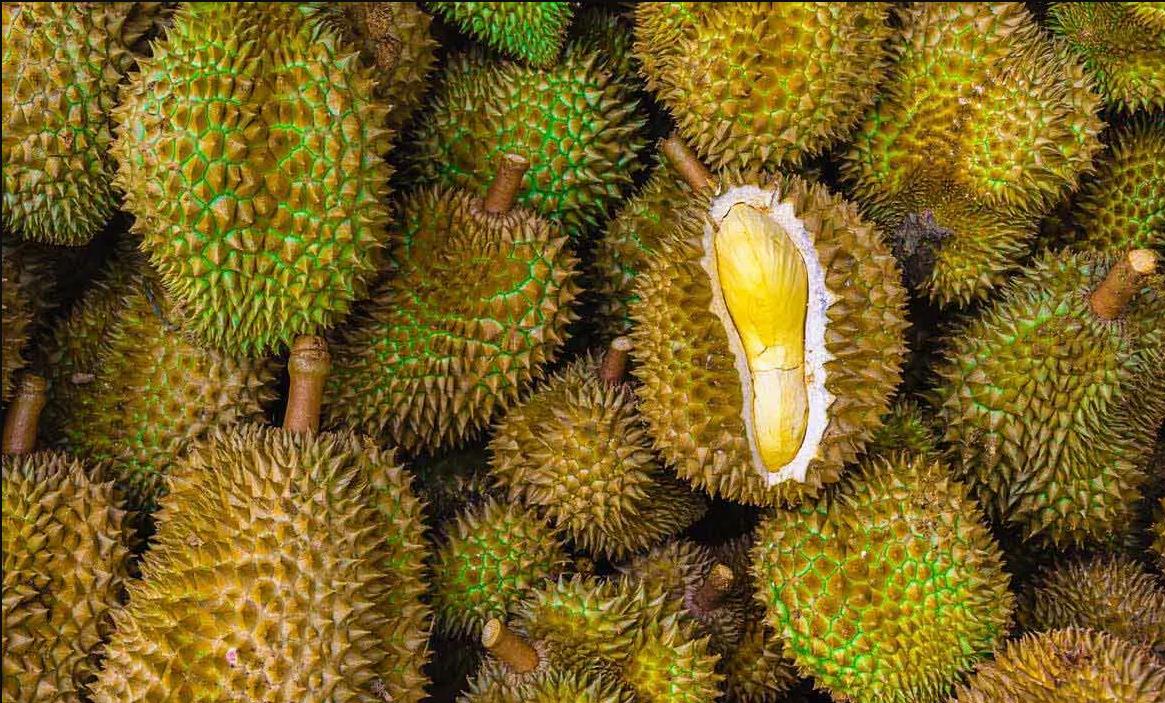

According to a report by Chinese media 'Ershi Yicai Jing' (21财经) or 21st Century Business Herald, in a report on September 16, the price of durian in China has been adjusted down to the "discounted selling price" level, with the price reduced to 10 yuan per kilogram.
'Ershi Yicai Jing' pointed out that the price of durian began to decrease because recently, the total amount of durian from Southeast Asian countries such as Thailand, Vietnam and Malaysia has continued to increase in the Chinese market, resulting in increasingly fierce competition in the market, and a continuous price war on the retail side.
A 'price war' or 'Jia Ge Zhan' (价格战) refers to the heavy price reduction by trading partners in order to undercut each other. Although the price reduction results in losses, competitors must do so in order to compete for customers in the long run and to destroy their customers' bases. This type of trade war is common in the retail sector in China, from milk tea to cars.
"Ershi Yicai Jing" reported that in Jinan City, Shandong Province, the price of durian is 19.9 yuan to 21.9 yuan per half kilogram. In the local RT-Mart supermarket (大润发), the price of Monthong durian is 23.9 yuan per half kilogram, which is about 6 yuan lower than the same period last month. Monthong durians sold at Hema Fresh Grocery (盒马鲜生) are also priced the same as RT-Mart supermarkets.
The nature of the durian price war is obvious. For example, according to the "Qilu Evening News" (齐鲁晚报), a reporter recently saw seven to eight boxes of durians on the side of the road in a fruit shop in Jinan City, and the loudspeaker in the shop played a song announcing the sale of "Durian 19.9 yuan per half kilogram".
However, at the same time, according to the report of On the evening of September 7, at a newly opened fruit shop on Yangyuannan Road in Wuchang District, Wuhan, a price of Monthong durian was found to be reduced to only "9.9 yuan per half kilogram", attracting many people to line up to buy. This is a form of lowering the price to wage a price war.
The shop owner said that currently, fruit traders in China have increased the amount of durian imported and sped up the transportation of fruit, making durian no longer a "high-end fruit" like in the past, but gradually becoming a fruit that people can afford.
From the price war situation in China and the testimonies of traders, it can be analyzed that in the beginning, the price war may not have affected the price of durian exported from Thailand, but it will affect the price of Thai durian that retailers sell at a lower price.
Initially, there was still a large amount of durian exported from Thailand and Southeast Asia in China because there was high demand. However, the price war caused durian prices to continuously decrease, and imports from other countries and China's own production of durian increased (see the report "China Will Not Beg for Thai Durian Growing and selling by yourself has made the price drop by 90%. "Who will Thailand sell to?") This has caused the price to tend to drop more than this, with the accelerator being the price war. We therefore have to keep an eye on whether it will have a long-term effect on Thai durian exports.
Source: https://www.thebetter.co.th/news/world/21842